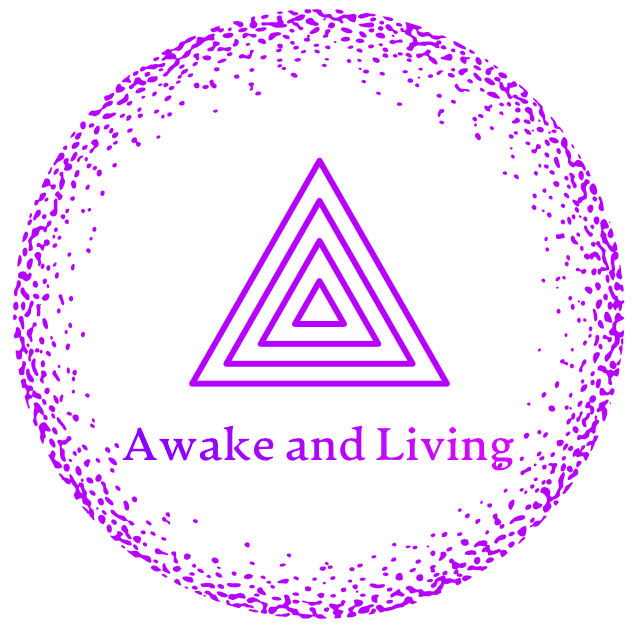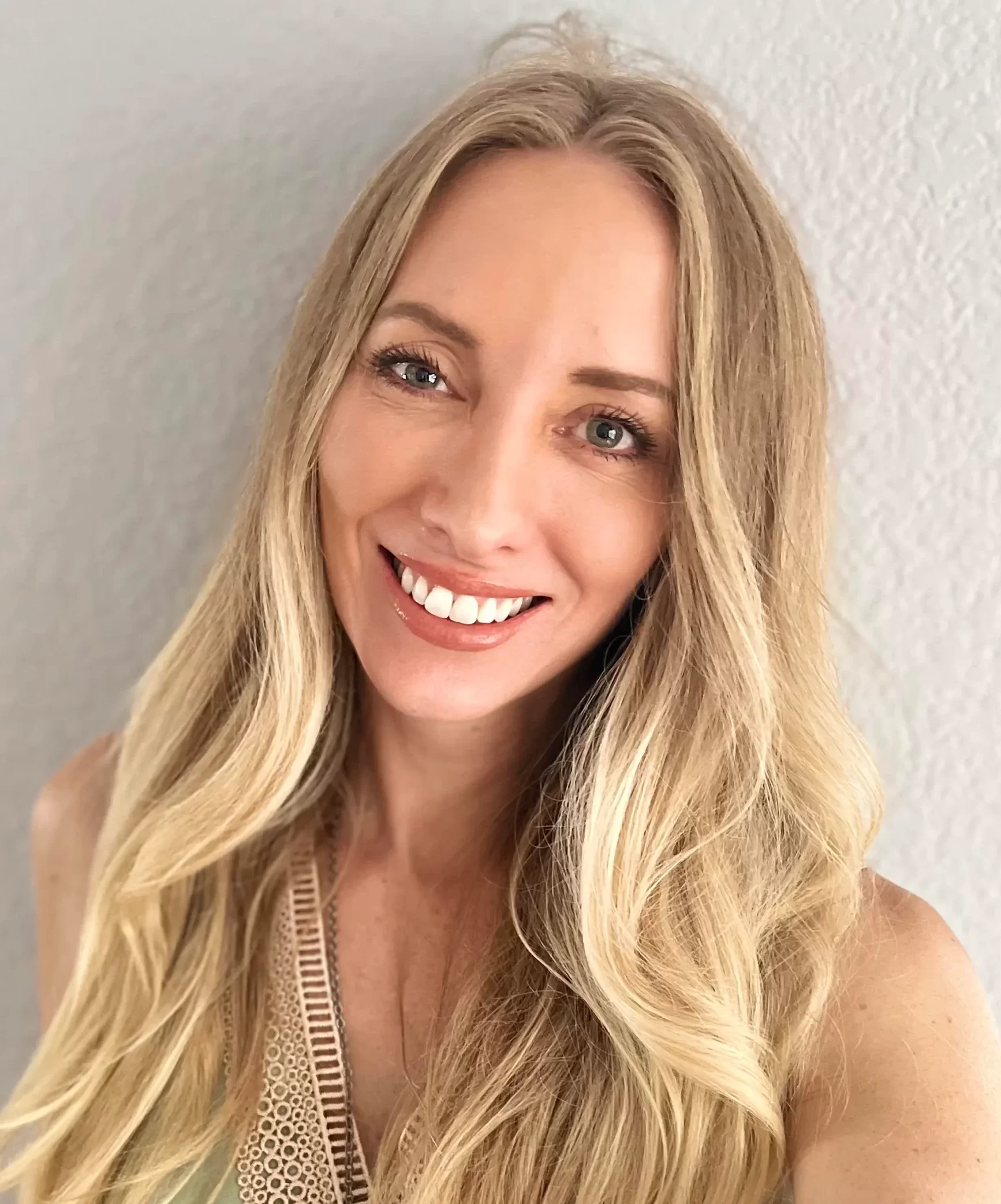If you choose or are involved in the Vegetarisum lifestyle there are some precautions you need to be aware of.
Being a vegan you don’t eat any meat and in general requires you to consume all healthy foods. Sometimes natural organic products doesn’t mean that it’s healthy for you, especially if you consume to much of any one food. You need a balance and to mix it up.
The main nutrients Vegans are more susceptible to lack in:
- vitamin B12,
- vitamin D,
- calcium,
- iodine,
- omega-3 fatty acids
- protein
These deficiencies can cause:
- anemia
- osteomalacia,
(Condition that damages bones. In children these deficiencies can result in rickets and other potentially serious illnesses.)
- impaired wound healing,
- fluid build-up in your extremities,
- decreased muscle mass and fatigue
- non-existent sex drive,
- poor sleep quality
- even a non-specific loss of interest in their everyday activities
A recommended solution by the “California Food Guide” Doctors Georgia Hodgkin and Ella Haddad says that you can get a good source of omega-3 fatty acids which are in flaxseed oil, canola oil, soy oil and walnut oil, as well as green leafy plants. Nuts and soy make an excellent source of protein.
Also adding an all plant base protein powder to your drinks such as Amazing Grass which I use and support.
Click picture below to order:
According to the Food and Nutrition Board, a daily intake of 0.80 g of protein per kg of body mass is recommended. Whole grains and green leafy vegetables on the other hand, can provide sufficient iron, while increasing vitamin C intake will assist with its absorption. You may want to take additional B-12, vitamin D, zinc and calcium supplements as these are also commonly absent or under represented in vegetarian diets.
Tomorrow Vegan lifestyle weekly round up and a personal tip of the day.

